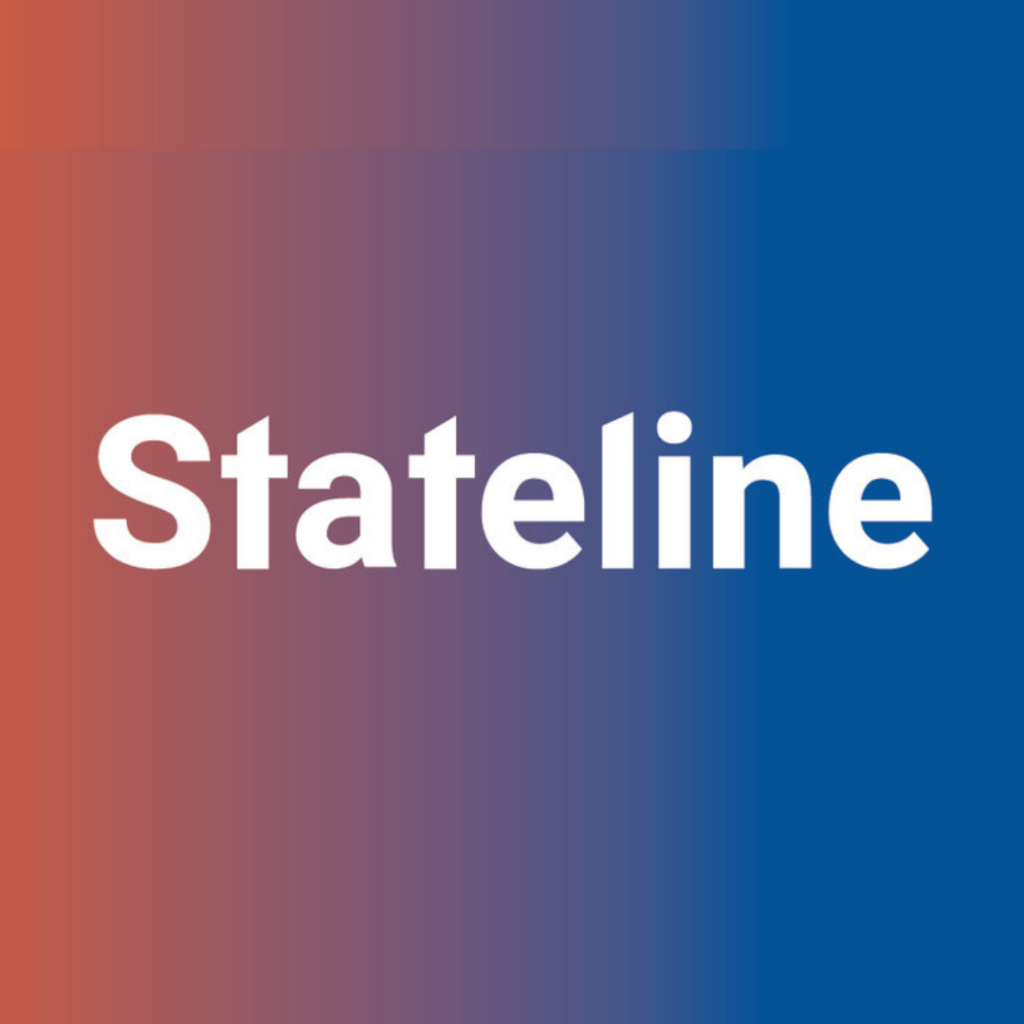
More states consider voter ID laws amid conflicting research on their impact
BY MATT VASILOGAMBROS, STATELINE – JULY 1, 2024
For more than a decade, Republican lawmakers have pushed to implement stricter voter ID laws. Thirty-six states require some form of identification to cast a ballot, though laws vary by state over the accepted types of identification and requirements to vote by mail, according to the National Conference of State Legislatures.
That list may grow.
In May, the Republican-led New Hampshire legislature passed a measure that would require residents to prove their citizenship status to register to vote. Republican Gov. Chris Sununu has yet to sign it into law.
In Maine, conservative activists are still gathering signatures to put their voter ID measure on the November 2025 ballot. Maine does not require a photo ID at polling places, and Democratic lawmakers are trying to keep it that way, arguing it could prevent residents who are less likely to have a driver’s license from being able to vote.
Voting rights advocates say voter ID laws can lead to confusion at polling places, and that states that implement them should do more to ensure equitable access to official IDs.
“The more complicated we make voting, the more hurdles we put in front of people, the more pitfalls there are for people who are just trying to participate in our democracy,” said Sean Morales-Doyle, director of the voting rights program at the Brennan Center for Justice at New York University School of Law, a progressive policy nonprofit.
The Brennan Center, along with the Center for Democracy and Civic Engagement at the University of Maryland and voting rights organizations Public Wise and VoteRiders, released a survey in June which found that nearly 21 million voting-age U.S. citizens don’t have current driver’s licenses.
The survey also found that more than a quarter of Black and Latino adults lack a driver’s license with their current name or address — higher than their white and Asian American counterparts. A substantially higher percentage of young people also lack up-to-date identification, it said.
Getting an updated driver’s license takes time and costs money, which may be harder for people who are of a lower socioeconomic status, Morales-Doyle said. And those who earn less typically change addresses frequently, he added.
The survey also showed a considerable gap in voter understanding of state voter ID laws: It found that more than half of Americans in states that require identification to vote did not know their state’s laws. A March report from NBC News found that 29 million Americans live in states that have implemented a new voter ID law since 2020.
Recent elections in North Carolina and Ohio illustrate the impact: Confusion over voter ID rules led to rejected provisional ballots.
VoteRiders is attempting to increase awareness and knowledge of voter ID requirements through its on-the-ground efforts, 24/7 helpline, and text message, billboard and PSA outreach.
The group has organizers in Arizona, Florida, Georgia, North Carolina, Ohio, Pennsylvania, Texas and Wisconsin who go to college campuses, LGBTQ+ Pride events, health clinics and community resource fairs, delivering information on those states’ voter ID laws. Annually, the group helps more than 10,000 people get an ID.
“One of the things that keeps me up at night is thinking about how dramatically the rules of the game have changed when it comes to voting since 2020,” said Lauren Kunis, the nonpartisan group’s CEO. “I worry that many people on the issue of ID and other aspects of the voting process are going to be caught flat-footed in November.”
